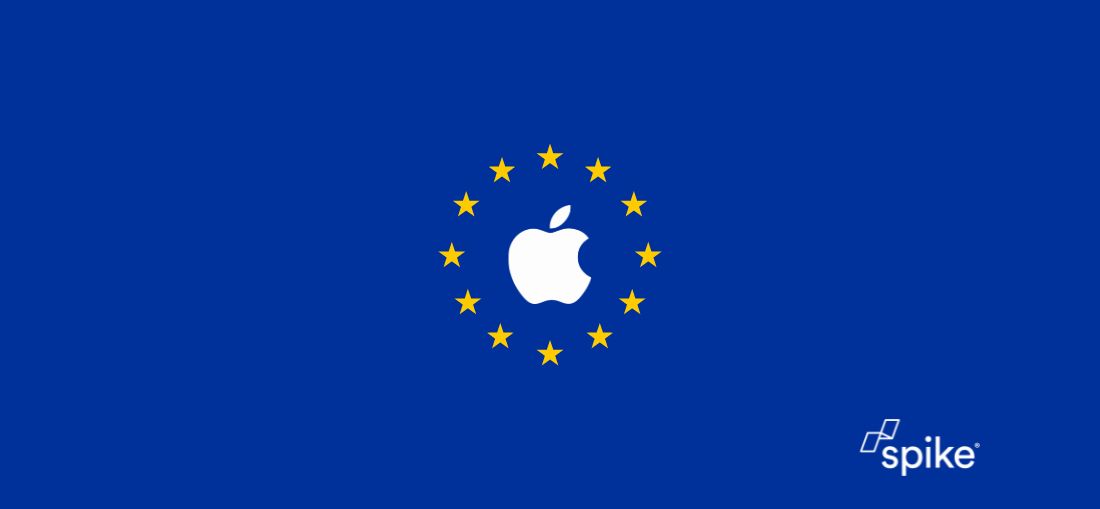Apple has revealed a series of changes to iOS, Safari, and the App Store in the European Union (EU) to align with the Digital Markets Act (DMA). The modifications encompass over 600 new APIs, extended app analytics, options for alternative browser engines, and new features for payment processing and app distribution for developers. While these changes bring about potential risks such as malware, fraud, and scams, Apple is implementing safeguards, including Notarisation for iOS apps and authorizations for marketplace developers, to mitigate these threats and enhance user security.
Developer-Focused Changes
Developers are presented with new avenues for app distribution, alternative payment processing, and other tools. Apple is introducing APIs and tools that enable developers to offer iOS apps through alternative marketplaces, along with frameworks for creating such marketplaces. Additionally, there are new frameworks and APIs for alternative browser engines, enhancing developers’ options for in-app browsing experiences. The Interoperability request form allows developers to submit additional requests for compatibility with iPhone and iOS hardware and software features.
To comply with DMA requirements, Apple is sharing changes related to contactless payments, including new APIs for using NFC technology in banking and wallet apps throughout the European Economic Area. Users will have the ability to select third-party contactless payment apps as their default.
Privacy and Security Safeguards
Acknowledging the inherent risks associated with new options, Apple is implementing safeguards within the constraints of DMA. Notarization for iOS apps involves a baseline review for all apps, combining automated checks and human review. App installation sheets will provide users with essential information about apps, obtained through the Notarisation process, before download. Authorisation for marketplace developers ensures ongoing commitments to user and developer protection. Additional malware protections prevent apps containing malware from launching after installation.
While these measures reduce certain privacy and security risks, Apple acknowledges limitations in addressing risks related to scams, fraud, and objectionable content. Apps using alternative browser engines may impact user experience, affecting system performance and battery life.
Changes to Safari and App Store
For Safari, Apple is introducing a choice screen, in compliance with DMA, allowing EU users to select a default browser from a list of options. The App Store changes for EU developers include new payment service provider options, payment processing via link-out, and business planning tools. App Store product page labels and in-app disclosure sheets inform users about alternative payment processing. New App Review processes verify accurate communication about transactions using alternative payment processors.
New Business Terms for EU Developers
Apple is introducing new business terms for developers in the EU, offering a choice between existing terms and new terms necessary for alternative distribution and payment processing. The new terms involve a reduced commission of either 10 or 17 percent on transactions for digital goods and services, an additional 3 percent fee for using the App Store’s payment processing, and a Core Technology Fee for apps exceeding one million installations annually.
Why is this important?
While these changes aim to comply with DMA and offer more flexibility for developers, Apple has emphasised its commitment to protecting the privacy, security, and quality of the iOS user experience in the EU.
The new changes are set to take effect in March 2024, with Apple providing detailed resources to help users navigate and understand the modifications.
Author spike.digital